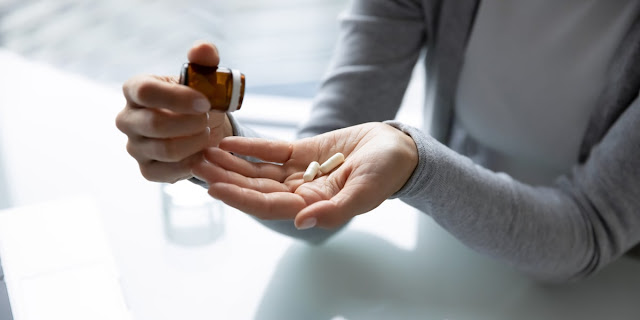How Do I Know if Emergency Contraception Has Worked?
Emergency contraception is the last hope for a lot of women when it comes to avoiding pregnancy. However, not everyone knows how effective emergency contraception is and how it works.
Today, we’re going to look at all that you need to know about emergency contraception service - so keep reading!
What is
Emergency Contraception?
Emergency contraception pill (aka the morning-after pill) can prevent pregnancy after unprotected sex or if the contraception you have used has failed. So, if your condom splits or you have missed a pill, you can opt for an emergency contraceptive.
How the
Morning-After Pill Works
The morning after-pills come under two names: Levonelle and ellaOne. Levonelle contains levonorgestrel, and taking it is thought to stop or delay ovulation. It has to be taken within 72 hours (3 days) of sex to prevent pregnancy. It doesn't interfere with your regular method of contraception, i.e. the birth control pills.
ellaOne contains ulipristal acetate, which stops the normal functioning of progesterone. It, like Levonelle, also works by stopping or delaying ovulation. ellaOne has to be taken within 120 hours (5 days) of sex to prevent pregnancy.
Remember that neither Levonelle nor
ellaOne continue to protect you against pregnancy. Unprotected sex at any time
after taking the emergency pill can result in pregnancy. Neither of these is
supposed to be used as a regular form of contraception, but you can use them as
contraception more than once in a menstrual cycle if you need to.
How to Tell
if Emergency Contraception Has Worked
The only way to know if the
morning-after pill has worked and prevented pregnancy is to wait for your next
period. If it arrives when it should, the pill has worked. For it to work best,
take the pill within five days of the period since sperm can live in your body
for up to 5 days. Moreover, if you take it within 24 hours of unprotected sex,
your chance of getting pregnant is minimal. Remember: if your next period is
more than seven days late, you should take a pregnancy test even if you have no
other symptoms.



Comments
Post a Comment